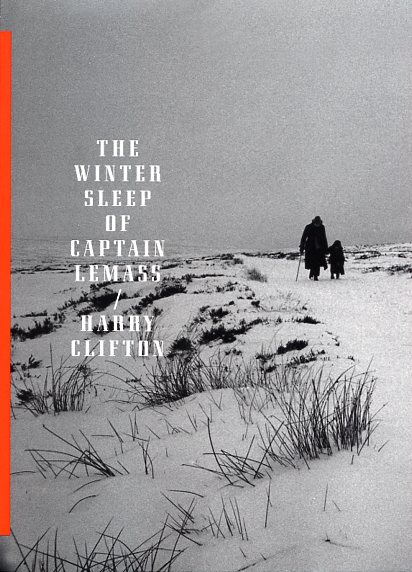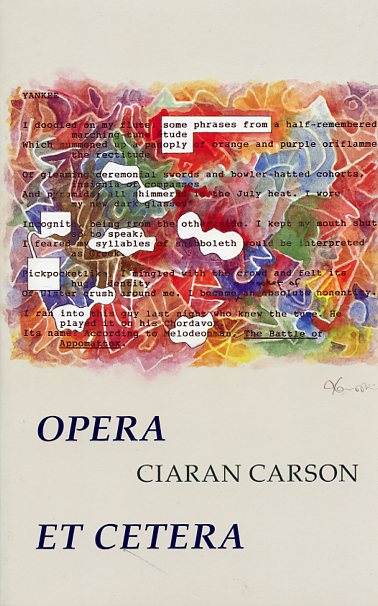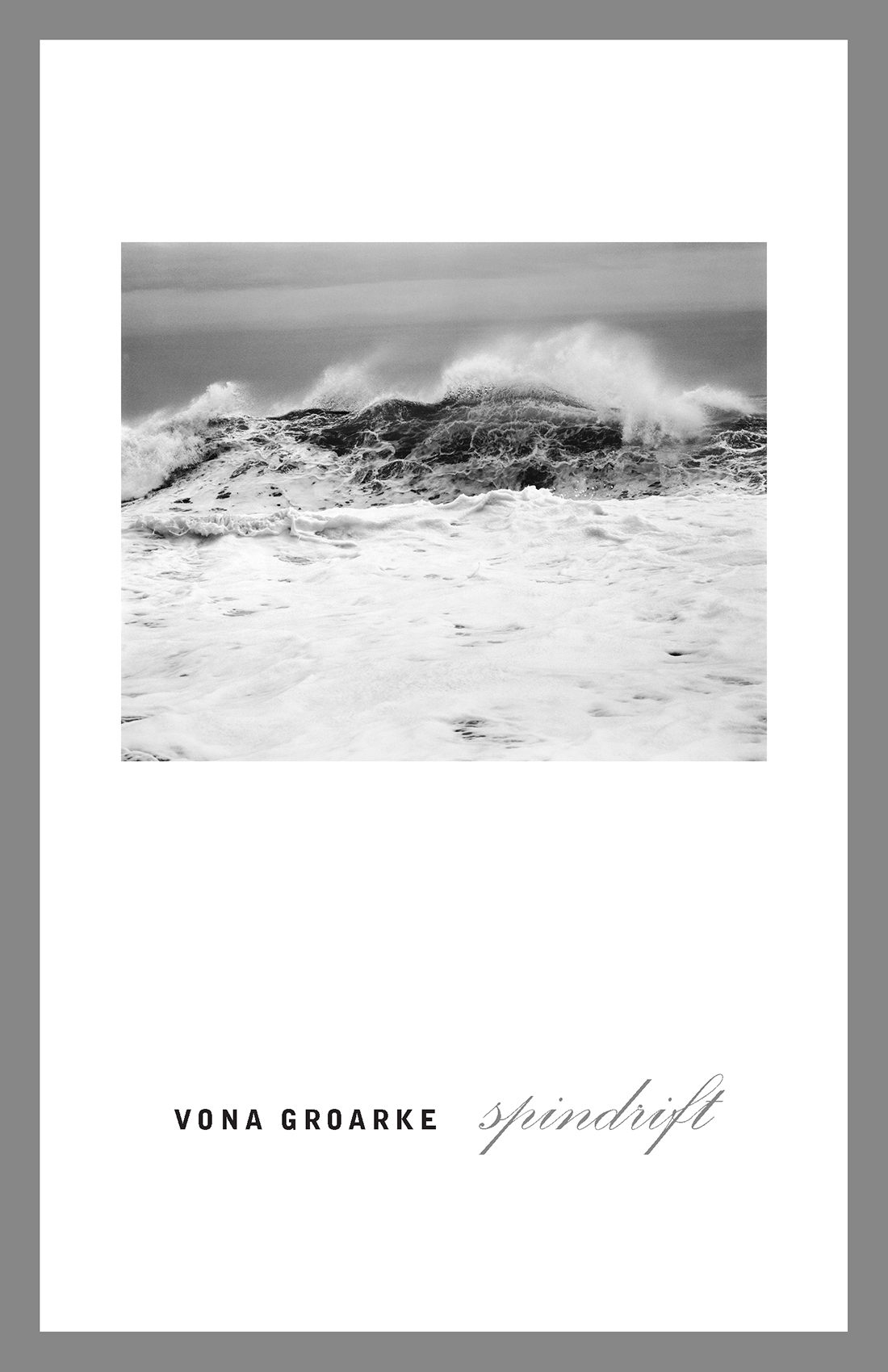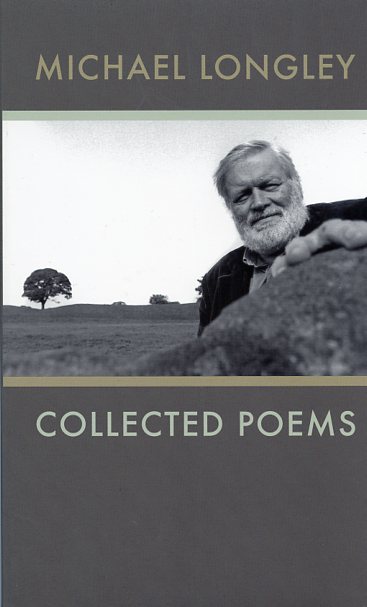The Winter Sleep of Captain Lemass
$14.95
The Winter Sleep of Captain Lemass follows the success of Secular Eden: Paris Notebooks 1994–2004, which won the 2008 Irish Times Poetry Now Award, the most prestigious poetry award in Ireland.
In this new, deeply meditative and wide-ranging collection, Harry Clifton brings his extraordinary poetic and intellectual gifts to bear on the present state of Irish culture. These are both personal and public reflections (on love, marriage, middle age, and history) that stake his claim as one of the most significant Irish poets now writing.
Reviews
“Just as Secular Eden charted Clifton’s life and the life of his mind in Paris, this new book takes place, for the most part, in Ireland. The book is divided into three parts: Twenty-Six Counties; Six Counties; and Elsewhere. Clifton treats Ireland with the same meticulous and wondrous care as he did Africa or Asia or Italy or France. Because he is prepared now to allow more feeling in the poems than before, to use his natural talent less gingerly, to spread his middle-age more plentifully across the page, so to speak, there are a number of poems in this book that will be read as long as any poems are read anywhere.”
– Colm Tóibín, The Irish Times
“The influence of war in Ireland has been perpetual, and Clifton, who has traveled and lived extensively outside of his country, examines his homeland through the lens of one who left but returned to make sense of it ‘in the name of the lost, the disinherited, / All who never came back from the dead / To tell their story claim their place’.”
– Valerie Duff-Strautmann, The Common
“This complex, evocative volume takes up the theme of haunting and return so central to Harry Clifton’s work, and does so masterfully. It wastes no time, immediately placing us in a mesmerizing landscape that disorients even as it calls the past to memory. Ancestors stand ready to greet one who returns, who is ‘ready to try again’ by immersing himself in an element both welcoming and uncomfortable. In these poems, history cannot be represented by an orderly museum, or time by an arrow.”
– Magdalena Kay, World Literature Today
Description
The Winter Sleep of Captain Lemass follows the success of Secular Eden: Paris Notebooks 1994–2004, which won the 2008 Irish Times Poetry Now Award, the most prestigious poetry award in Ireland.
In this new, deeply meditative and wide-ranging collection, Harry Clifton brings his extraordinary poetic and intellectual gifts to bear on the present state of Irish culture. These are both personal and public reflections (on love, marriage, middle age, and history) that stake his claim as one of the most significant Irish poets now writing.
Reviews
“Just as Secular Eden charted Clifton’s life and the life of his mind in Paris, this new book takes place, for the most part, in Ireland. The book is divided into three parts: Twenty-Six Counties; Six Counties; and Elsewhere. Clifton treats Ireland with the same meticulous and wondrous care as he did Africa or Asia or Italy or France. Because he is prepared now to allow more feeling in the poems than before, to use his natural talent less gingerly, to spread his middle-age more plentifully across the page, so to speak, there are a number of poems in this book that will be read as long as any poems are read anywhere.”
– Colm Tóibín, The Irish Times
“The influence of war in Ireland has been perpetual, and Clifton, who has traveled and lived extensively outside of his country, examines his homeland through the lens of one who left but returned to make sense of it ‘in the name of the lost, the disinherited, / All who never came back from the dead / To tell their story claim their place’.”
– Valerie Duff-Strautmann, The Common
“This complex, evocative volume takes up the theme of haunting and return so central to Harry Clifton’s work, and does so masterfully. It wastes no time, immediately placing us in a mesmerizing landscape that disorients even as it calls the past to memory. Ancestors stand ready to greet one who returns, who is ‘ready to try again’ by immersing himself in an element both welcoming and uncomfortable. In these poems, history cannot be represented by an orderly museum, or time by an arrow.”
– Magdalena Kay, World Literature Today
Additional information
| Publication date: | 2012 |
|---|---|
| Pages: | 138 |
| Binding: | Paperback with flaps |





